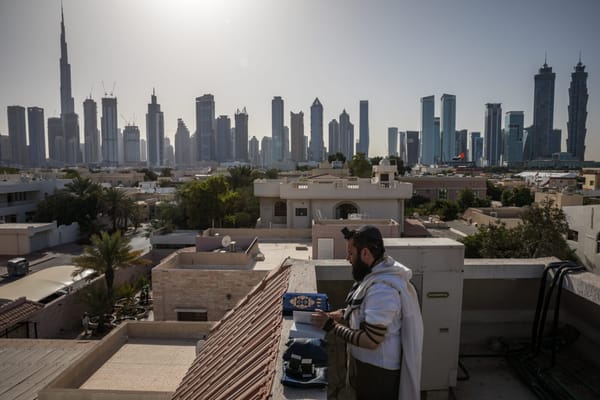Cast Lead in the Foundry
A stopped clock, the saying goes, is right twice a day. The “senior Bush administration official” who chatted with the Washington Post on December 28 was right that Israel is “not trying to take over the Gaza Strip” with the massive assault launched the previous day, and correct that the Israelis ar








